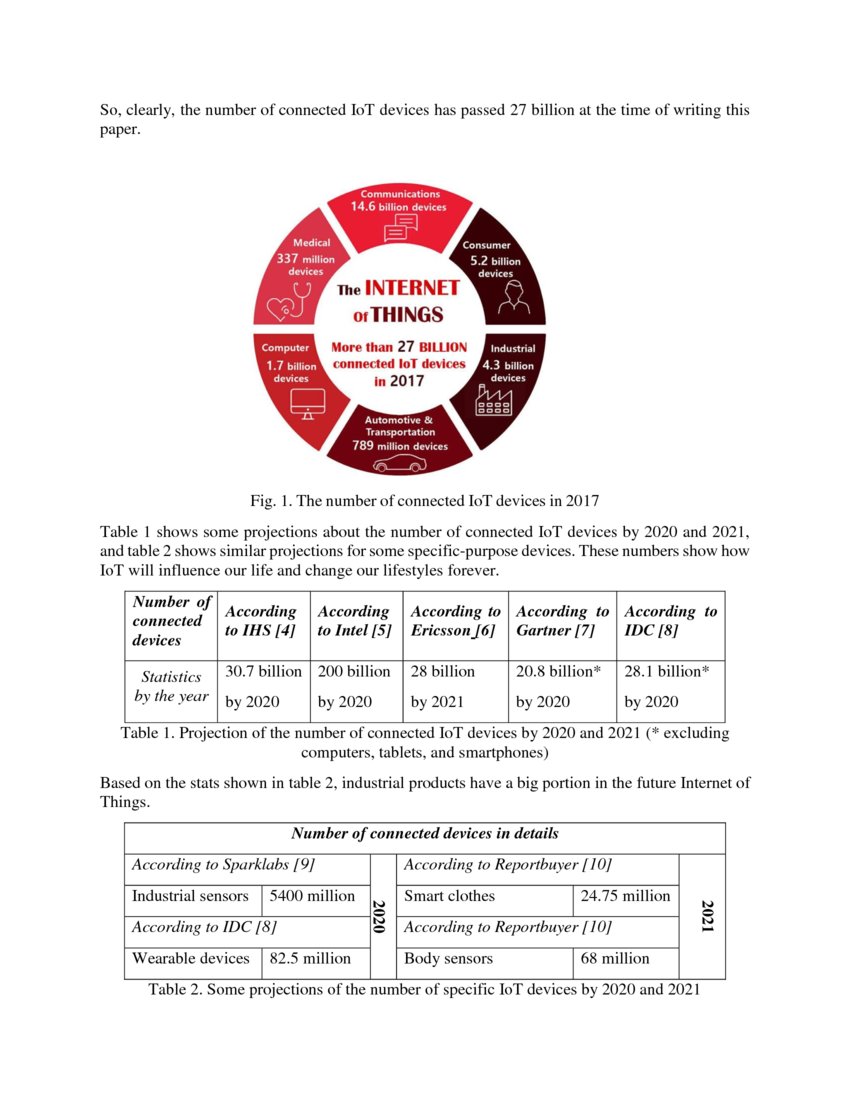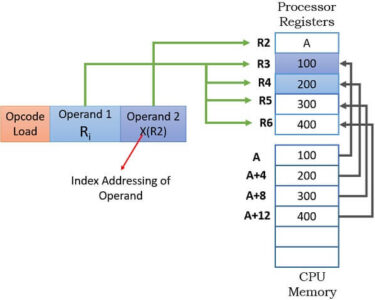
Comprehensive Guide to Addressing and Responding to Blackhat SEO Attacks
Introduction
Blackhat SEO attacks are malicious practices employed by unethical individuals or organizations to manipulate search engine rankings and gain an unfair advantage in the digital market. These attacks can damage websites, businesses, and the overall integrity of the web ecosystem. Understanding and effectively addressing blackhat SEO tactics is crucial for website owners and digital marketers.
Types of Blackhat SEO Attacks
- Keyword stuffing: Inserting excessive and irrelevant keywords into web content to trick search engines into ranking a page for those terms.
- Cloaking: Displaying different content to search engines and users, misleading bots into indexing spammy or low-quality content.
- Negative SEO: Purposely targeting a website with malicious backlinks, spam comments, or other negative tactics to lower its search rankings.
- Content scraping: Copying and publishing content from other websites without permission, resulting in duplicate content penalties and rank suppression.
- Link farming: Building a network of low-quality links from spammy websites to artificially inflate a website’s authority and rankings.
Consequences of Blackhat SEO
- Search engine penalties: Search engines have sophisticated algorithms to detect and punish blackhat SEO tactics, resulting in website deindexing, rank suppression, or manual penalties.
- Loss of credibility: Users are aware of blackhat SEO practices and may lose trust in websites that engage in such tactics.
- Damaged reputation: Blackhat SEO attacks can tarnish a website’s reputation and make it difficult to regain trust in the online community.
- Financial losses: Lost rankings and reduced website traffic can lead to lost revenue and business opportunities.
Addressing Blackhat SEO Attacks
1. Monitor Your Website and Rankings
Regularly monitor your website’s search rankings, backlinks, and content for any suspicious activity. Use tools like Google Search Console, Ahrefs, or SEMrush to track changes and identify potential threats.
2. Identify the Attack
Analyze the warning signs and evidence to determine the specific type of blackhat SEO attack being used against your website. This will help you develop an effective response strategy.
3. Disavow Bad Backlinks
If you identify negative or spammy backlinks pointing to your website, submit a disavow file to Google to inform the search engine that you do not endorse these links.
4. Remove Malicious Content
If your content has been scraped or manipulated, remove the affected sections and replace them with original, high-quality content. Contact the original content creators and report the infringement if necessary.
5. Strengthen Your Website Security
Implement strong security measures to prevent future attacks, such as using HTTPS, firewalls, and malware detection tools.
6. Report the Attack
Report the blackhat SEO attack to the appropriate search engine (e.g., Google) and relevant authorities to assist in the investigation and take action against the perpetrators.
Responding to Penalties
1. Request a Reconsideration
If your website receives a manual penalty from a search engine, submit a reconsideration request that explains the steps you have taken to address the issue and prevent it from happening again.
2. Implement the Necessary Changes
Make the recommended changes to your website, including removing spammy backlinks, improving content quality, and addressing any technical issues.
3. Be Patient and Persistent
The penalty removal process can take time, so be patient and continue to monitor your website’s performance. Regularly interact with the search engine’s support team to track your progress and provide any additional information required.
Prevention and Best Practices
- Create high-quality, original content: Focus on providing valuable and informative content that serves the needs of your users.
- Build natural backlinks: Acquire backlinks from reputable and relevant websites through outreach and content marketing.
- Follow search engine guidelines: Adhere to the ethical guidelines set forth by search engines to avoid penalties and maintain good standing.
- Monitor your competitors: Keep an eye on your competitors’ SEO strategies and report any suspicious activity to search engines.
- Educate yourself: Stay informed about emerging blackhat SEO techniques and best practices to protect your website and reputation.
Conclusion
Blackhat SEO attacks are a persistent threat to the digital marketplace. By understanding the different types of attacks, their consequences, and effective response strategies, businesses and website owners can protect their online presence and maintain their search rankings. It is also crucial to implement preventive measures and follow ethical SEO practices to minimize the risk of future attacks and ensure the integrity of the web ecosystem.


